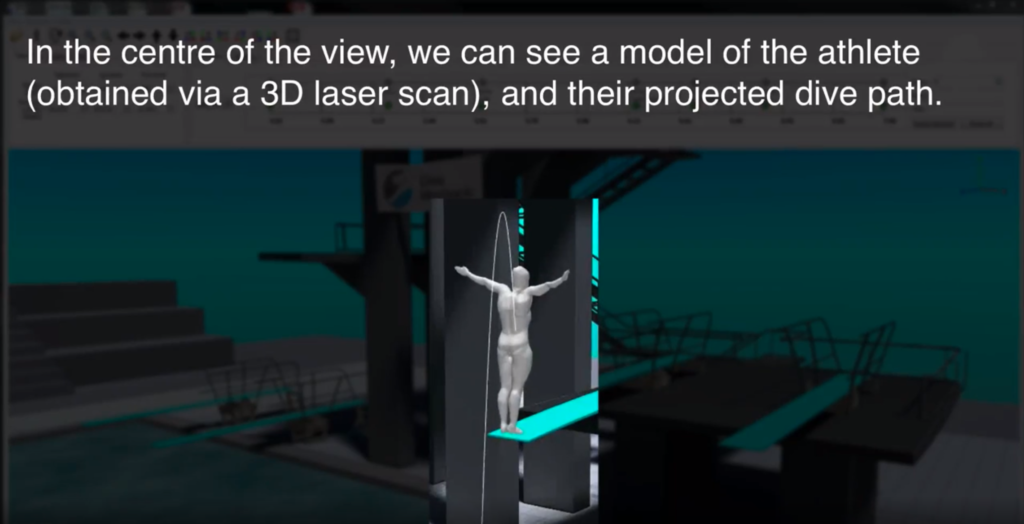Sometimes, to solve a problem or improve performance, we need to see the body in motion or performing an action. But doing this can be time-consuming, expensive, invasive, and sometimes even dangerous.
Wouldn’t it be helpful if we could understand how our bodies would react to things, without having to put ourselves at risk?
With digital humans, we can evaluate the functions, movement and health of a person without putting them through ongoing tests.
What are digital humans?
Harnessing the power of high-performance computing, a Digital Human is a virtual replica of a person (or part of a person) and their environment.
It digitally duplicates someone’s anatomy by using data from body scans and medical imaging. This enables digital humans to accurately recreate the mechanical and chemical behaviour of the body.
It can create such detailed results that we’re able to measure the flavour release of certain foods, analyse water absorption in the intestine, and see the body’s muscular reaction to the hardness of a surface when walking, running, or swimming.

Dive Mechanic, the digital human technology used by the Australian diving to train for the Rio 2016 Olympics
What can digital humans do?
Digital humans allow us to:
- Calculate internal bodily forces to better understand injury risk or strength requirements for movement. Without the need for humans to undertake potentially risky actions.
- Measure the transport of chemicals, such as flavour compounds in the mouth, in 4D. And, in much greater detail than we could gather using live subjects.
Digital human technology is already in use in areas such as high-performance sport. The coaches of the Australian Olympic diving squad used our digital human technology to prepare the team for the Rio 2016 Olympics.
But, the possibilities are not just limited to perfecting a winning dive. Digital humans are helping us in a number of ways, discover how on our Algorithm blog.

